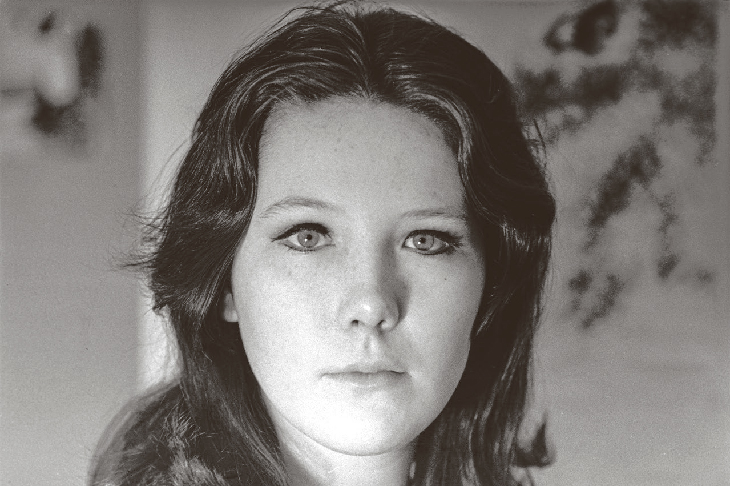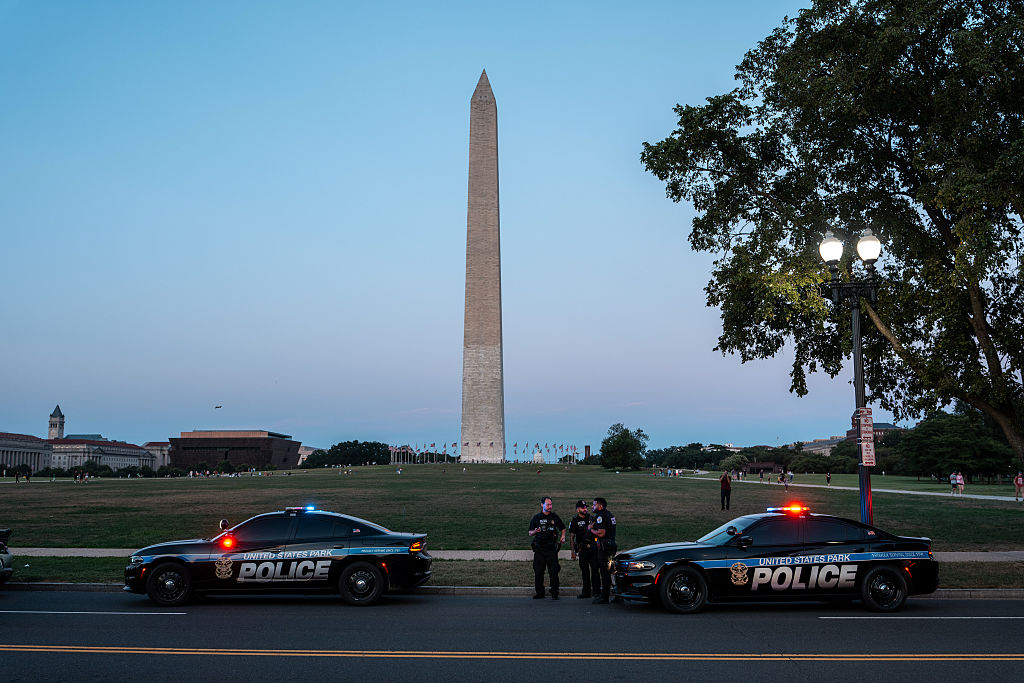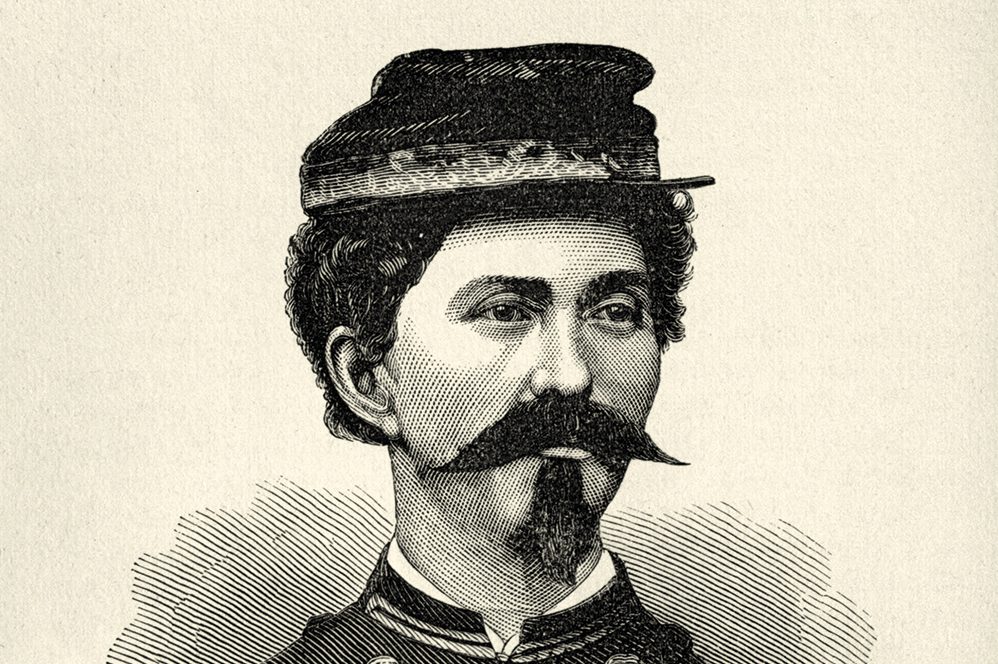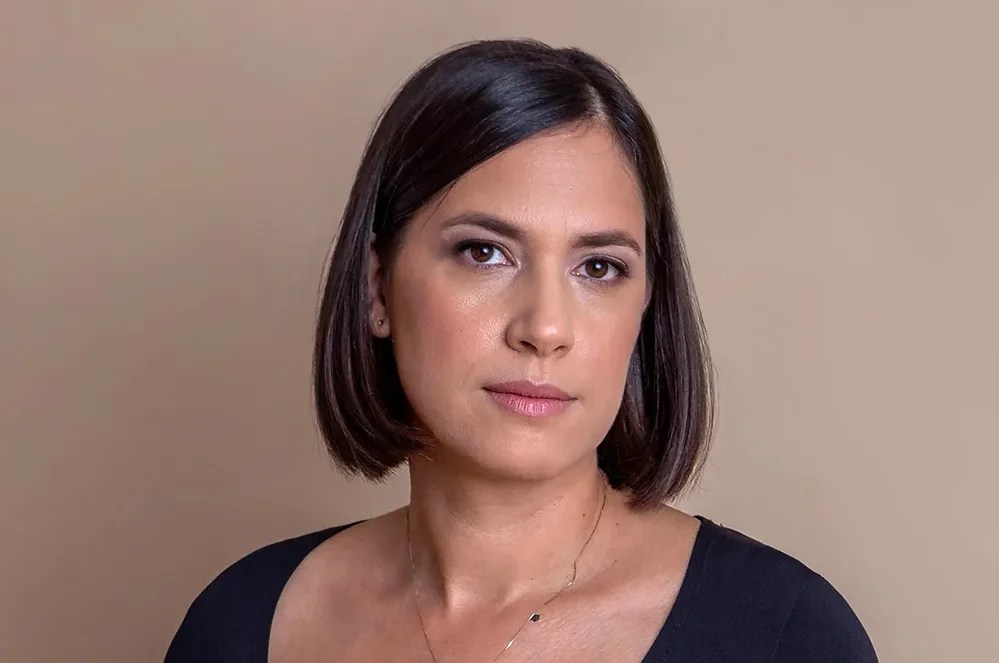The problem with telling stories about Harvard is that Harvard, if it teaches anything these days, teaches distrust of stories. So, for example, two thirds of the way through Becky Cooper’s long, ambitious book about the murder of a Harvard graduate student, the author explains that ‘we’ — those attempting to fashion a narrative about the gruesome fate of a 23-year-old woman bludgeoned to death in her Cambridge apartment in the late 1960s — ‘had unconsciously been perpetuating a story whose moral derived from the very patriarchal system we thought we were surmounting by telling the story in the first place’. This is a book that twists itself into a succession of knots — some elegant, some awkward, and some that simply can’t be untied.
Just the facts, then. Jane Britton, later described by her brother as ‘a pretty woman…very voluptuously built and very intelligent’, was killed in the early hours of January 7 1969, a day on which she was scheduled to sit an important exam. A Radcliffe graduate, she was studying for her PhD in archaeology. Her body was discovered in the early afternoon by her boyfriend, also a doctoral student in archaeology.
Britton was found lying face down, her blue flannel nightgown pulled up to her waist. Police later disclosed a curious crime scene detail: red ochre ‘appeared to have been thrown on the bed where Jane’s body lay. It fell across her shoulders and hit the ceiling and the wall where a headboard might have been’. This tantalizing clue leads nowhere. The boyfriend’s alibi is unimpeachable. In the absence of a credible suspect, rumor blossoms.
Forty years later, in the spring of her junior year at Harvard, Cooper was told a fantastical version of the tale — one in which a professor was the killer and the whole affair was ‘hushed up’ by Harvard. She was hooked: ‘From the moment I heard the story about the murder, so much about it barbed me.’ The next time the story came up, a year later, the professor was given a name: Carl Lamberg-Karlovsky, still teaching archaeology, and still, after four decades, the subject of hair-raising gossip.
Is Lamberg-Karlovsky a brutal murderer? Did he have an affair with his student and then kill her to keep her quiet when she threatened to tell his wife or his colleagues? Or is the tall, handsome, imperious professor just a convenient stand-in for malignant patriarchy, ‘a symbol of the abuse of power and the institutional oppression of women in academia’? Either way, he’s compelling as a possible suspect. And Jane Britton is a compelling victim — ‘bold, witty, warm’ — so it comes as no surprise when Cooper confesses that she has essentially fallen in love: ‘I felt connected to her with a certainty more alchemical than rational.’
Cooper’s obsession, which she frankly acknowledges, fuels a 10-year quest for answers. Though she refers to herself as a biographer and to her book as a biography, what she has written is in fact a highly sophisticated investigation of a cold case mixed with elements of memoir and trendy cultural criticism (the word ‘erasure’ figures prominently).
Chopped into brief sections, and shuffled into relentlessly achronological order, We Keep the Dead Close is an exhaustive record of Cooper’s immersion in the world of academic archaeology; her battles against the bureaucratic intransigence of various police departments; the wary dipping of her toes into the conspiracy-rich milieu of online amateur detective forums; and the face-to-face interviews with just about anybody willing to talk to her. (Britton’s boyfriend’s steadfast refusal is either a badge of honor or deeply suspicious, take your pick.)
[special_offer]
The sleuthing and the sketches of the characters Cooper encounters are the best bits of the book. Two fresh suspects emerge, both deliciously unsavory, as well as another victim, also an attractive young woman and again alchemically connected to the author. I won’t reveal the true culprit, though his or her identity is always only a Google search away.
The autobiographical elements are less persuasive and less engaging. If by telling us about her banal romantic disappointments Cooper’s trying to show why she succumbed to what she calls the ‘immersive insanity’ of investigating and writing about Britton’s murder, I regret to say I’m unconvinced. She should have dug deeper or skipped the self-audit entirely.
Cooper sets out to tell ‘a responsible story about the past’, even though she knows ‘there are no true stories; there are only facts, and the stories we tell ourselves about those facts’. My advice is to ignore that pious caveat and enjoy instead the excursions to Hawaii, Iran and Labrador, the time-travel to the 1960s, and the choice titbits she has excavated, including this mid-20th-century warning issued to journalists hoping to dish campus dirt: ‘Around here, Harvard is thicker than water.’
This article was originally published in The Spectator’s UK magazine. Subscribe to the US edition here.

























